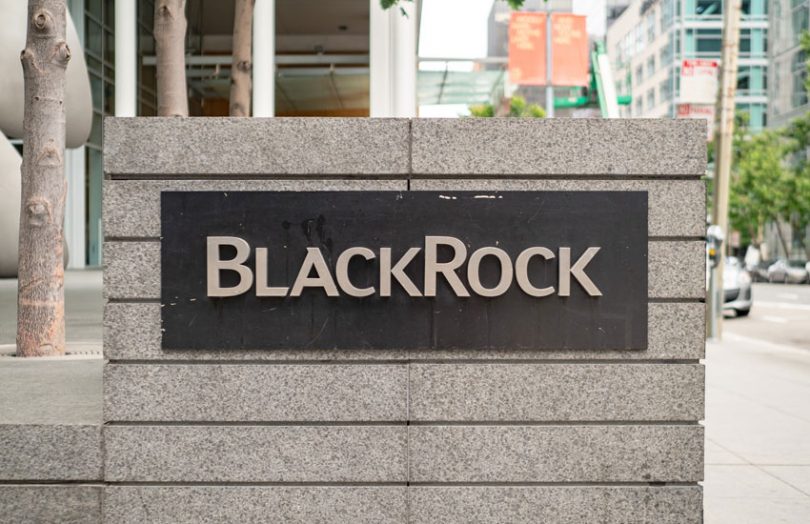Yesterday BlackRock Chairman Larry Fink wrote about the appeal of asset tokenization to the asset management industry as part of his annual letter.
“Tokenization of asset classes offers the prospect of driving efficiencies in capital markets, shortening value chains, and improving cost and access for investors,” he wrote. “At BlackRock we continue to explore the digital assets ecosystem, especially areas most relevant to our clients such as permissioned blockchains and tokenization of stocks and bonds.”
Fink’s comments highlight a general industry shift in focus from cryptocurrencies to tokenized assets in part driven by the cryptocurrency fallout and collapse of FTX, in which BlackRock funds invested. To date, much of BlackRock’s public activities in the digital asset space have been more on the crypto side. That said, JP Morgan tokenized BlackRock money market fund shares last year to use them in its blockchain-based collateral management system.
Several fund distribution companies have been involved in blockchain for years. Last year saw quite a few high profile asset managers interested in tokenization, including Abrdn, Apollo Global, Hamilton Lane and KKR, as well as fund administrator Apex.
BlackRock earns income from the crypto end of the digital asset market by managing the money market fund that holds more than $30 billion in U.S. Treasury reserves for the USDC stablecoin. It enables clients to invest in cryptocurrencies through a deal with Coinbase and also provides a Bitcoin Trust. Additionally, it runs various crypto and metaverse-focused ETFs.
Fink noted that emerging markets such as India, Brazil and Africa are experiencing reduced costs from digital payments. “By contrast, many developed markets, including the U.S., are lagging behind in innovation, leaving the cost of payments much higher,” he wrote.






